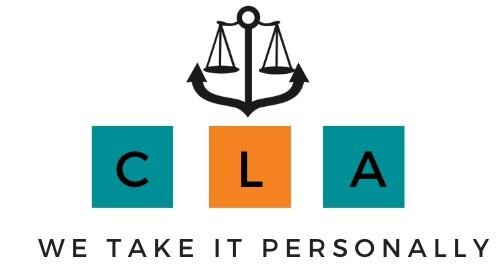In today’s complex business environment, disputes are inevitable. Litigation, though traditional, can be time-consuming, expensive, and often damaging to professional relationships. This is where Alternative Dispute Resolution (ADR) mechanisms, particularly arbitration and conciliation, play a pivotal role in resolving conflicts efficiently, privately, and amicably.
Arbitration is a formal process where parties agree to submit their dispute to one or more neutral arbitrators whose decision is legally binding. It is widely used in commercial contracts, construction disputes, corporate disagreements, and international trade matters. Arbitration provides speedy resolution, confidentiality, and enforceability, making it a preferred alternative to conventional court proceedings.
Conciliation, on the other hand, is a more flexible and informal method where a neutral conciliator facilitates discussions between the parties to help them reach a mutually acceptable solution. Unlike arbitration, conciliation emphasizes cooperation, negotiation, and relationship preservation, often resulting in settlements without the need for formal adjudication.
The legal framework governing these mechanisms in India includes the Arbitration and Conciliation Act, 1996, which aligns with international standards such as the UNCITRAL Model Law. This Act provides clear procedures for initiating arbitration, appointment of arbitrators, conduct of proceedings, and enforcement of awards. Conciliation processes are guided by principles of fairness, voluntariness, and confidentiality, ensuring that parties maintain control over the outcome.
Businesses, professionals, and individuals benefit from ADR by saving time and costs, minimizing litigation risks, and protecting commercial relationships. It is especially relevant in today’s globalized economy, where cross-border disputes require flexible, enforceable, and efficient resolution mechanisms.
At the core, arbitration and conciliation law is designed not just to resolve disputes but to foster trust, efficiency, and fairness in commercial and personal dealings. For those seeking swift, effective, and amicable dispute resolution, expertise in arbitration and conciliation is indispensable.

